All Stories
-
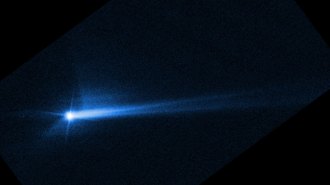 Planetary Science
Planetary ScienceNASA’s DART mission successfully shoved an asteroid
Data obtained since the spacecraft intentionally crashed into an asteroid show that the impact altered the space rock’s orbit even more than intended.
-
 Astronomy
AstronomyThe James Webb Space Telescope spied the earliest born stars yet seen
The stars, found in the first released science image from the James Webb Space Telescope, probably winked into existence about 13 billion years ago.
-
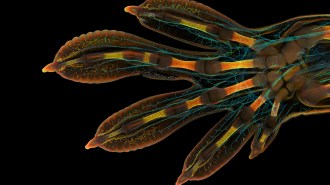 Life
LifeA glimpse inside a gecko’s hand won the 2022 Nikon Small World photo contest
The annual competition highlights microscopic images that bring the smallest details from science and nature to life.
-
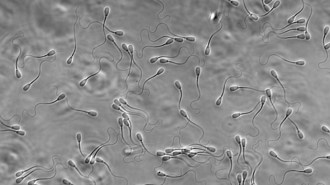 Health & Medicine
Health & MedicineCooperative sperm outrun loners in the mating race
Sperm that swim in clusters travel more directly toward the uterus, while overcoming fluid currents in the reproductive tract.
-
 Neuroscience
NeuroscienceWhy traumatic brain injuries raise the risk of a second, worse hit
Recent hits to Miami Dolphins quarterback Tua Tagovailoa have reignited discussions of brain safety for professional football players. Brain experts weigh in.
-
 Animals
AnimalsTree-climbing carnivores called fishers are back in Washington’s forests
Thanks to a 14-year reintroduction effort, fishers, or “tree wolverines,” are once again climbing and hunting in Washington’s forests after fur trapping and habitat loss wiped them out.
-
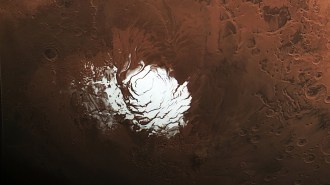 Planetary Science
Planetary ScienceMars’ buried ‘lake’ might just be layers of ice and rock
Evidence grows that possible detections of liquid water buried near Mars’ south pole might not hold water.
-
 Life
LifeA metal ion bath may make fibers stronger than spider silk
The work is the latest in a decades-long quest to create artificial fibers as strong, lightweight and biodegradable as spider silk.
By Meghan Rosen -
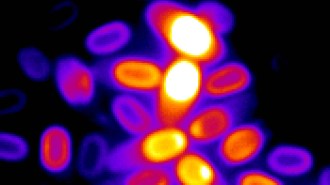 Microbes
MicrobesHow dormant bacteria spores sense when it’s time to come back to life
Bacterial cells shut down and become spores to survive harsh environments. An internal countdown signals when it’s safe for bacteria to revive.
-
 Humans
HumansHere’s where jazz gets its swing
Swing, the feeling of a rhythm in jazz music that compels feet to tap, may arise from near-imperceptible delays in musicians’ timing, a study shows.
By Nikk Ogasa -
 Health & Medicine
Health & MedicineLosing amphibians may be tied to spikes in human malaria cases
Missing frogs, toads and salamanders may have led to more mosquitoes and potentially more malaria transmission, a study in Panama and Costa Rica finds.
-
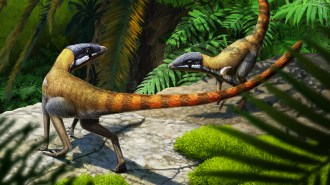 Paleontology
PaleontologyPterosaurs may have evolved from tiny, fast-running reptiles
A mysterious little ground-dwelling reptile unearthed in a Scottish sandstone over 100 years ago turns out to be part of a famous flying family.